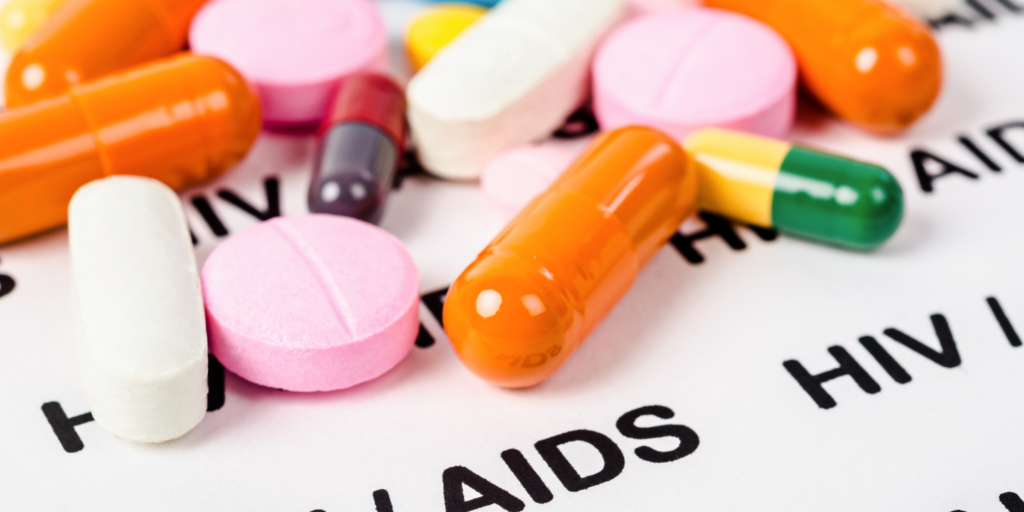
Stock Photo
CEBU CITY, Philippines — Over 100 new cases of the human immunodeficiency virus/ auto-immune disease syndrome (HIV/AIDS) were recorded here during the first quarter.
But what’s more concerning, according to health officials, is there could be more that remains undetected, with patients unaware to have contracted the virus may have been living with it.
The Department of Health in Central Visayas (DOH-7) recorded at least 165 new cases of HIV/AIDS, one of the deadliest diseases that still has no cure up to today.
Of this number, 37 were mortalities.
Nearly all of the newly diagnosed HIV/AIDS patient still came from the capital Cebu City.
However, Dr. Jaime Bernadas, director of DOH-7, expressed alarm that there could be more cases of people living with the virus.
During a press conference on Tuesday, July 2, Bernadas said that only a few individuals in Cebu still submitted themselves for testing.
Compounding this issue are existing laws that prohibit regulators and health experts on proactively conducting tests to detect HIV/AIDS, he added.
READ MORE:
IN NUMBERS: HIV cases in the rise in Central Visayas
Central Visayas records over 700 HIV/AIDS cases as of Sept.
HIV cases among Filipinos continue to rise, says DOH
The DOH-7’s top official cited cases of blood donors testing positive for the virus during pre-screening stage, unaware that they have been infected.
“Mao ning alarming kay we have people who do not know they are living with the virus,” Bernadas said.
(This is why this is alarming because we have people who do not know they are living with the virus.)
Since 1984, when the first human case of HIV/AIDS was first recorded, Cebu – including the tri-cities and the localities in the province – has already recorded around 9,000 patients diagnosed with the disease.
The most common mode of transmission was male having sex with males, followed by people who inject drugs with shared or uncleaned syringes, based on the same data from DOH-7.
In Cebu City, the age group most afflicted were the younger cohorts — teens and young adults ranging from 15 to 39 years old.
For their part, DOH-7 continues to intensify their education and information campaigns to help contain the spread of HIV/AIDS, a preventable disease.
“We have to promote awareness so that everybody gets to know that it is a real threat; it is around us. We all have to avoid and to prevent na mudaghan atong mga kaso dinhe sa syudad (that our cases here in Cebu would increase),” Bernadas added.